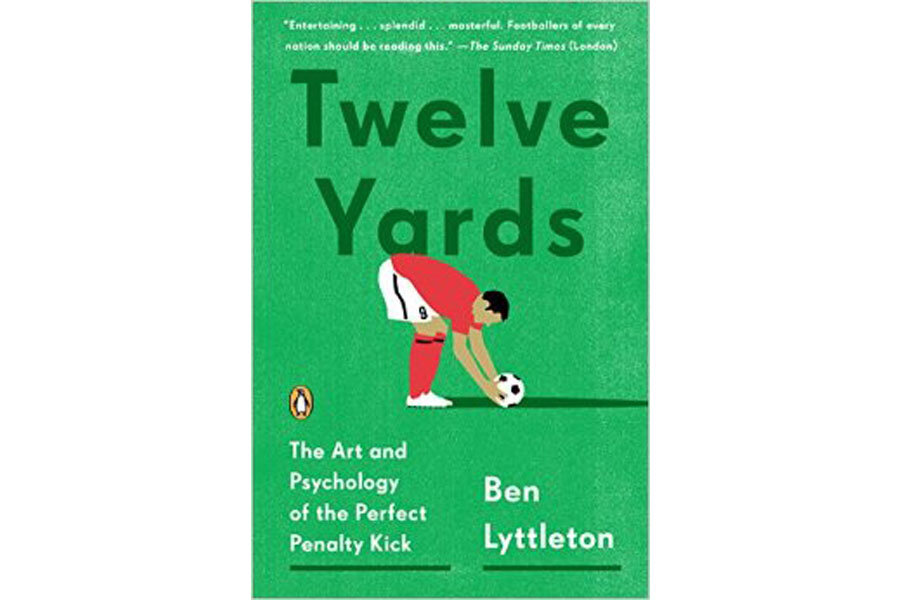Soccer’s penalty-kick, especially in a game-ending shootout, is the height of sports drama, a showdown at 12 paces (actually 12 yards) of a goalkeeper and kicker. It’s a confrontation that seems to heavily favor the kicker given the short distance and the yawning goal, but that doesn't lessen the suspense because a miss usually is an emotional dagger and sometimes spells devastating defeat. Seeing the potential to analyze this pressure-filled duel, Ben Lyttleton has devoted an entire book to a kick that looks simple but presents its own mental and physical challenges.
Here’s an excerpt from Twelve Yards:
“As a younger reporter, I went through a phase of asking strikers what was in their mind before they took a shot, what their thought process was as they made a certain run and completed a certain move. I stopped asking when the same answer – ‘Nothing, it’s just instinct, innate?’ – came back again and again.
“But with penalties, it is different. There is time between the award of the penalty and its execution, time for the mind to play an important role. And time – especially if it’s a shoot-out – for commentators or pundits to say something fatuous like ‘Well, you can’t practice for this kind of moment.’ Try telling that to the darts player who throws a hundred treble-twenties a day, the snooker player who cuts the black into the bottom pocket over and over again, or the golfer who spends hours, daily, on his putting.”
“The ability to control your mind in the build-up to these shots, in all these sports, can be decisive.”







